
The Week in AgriFoodTech: Fly farmer catches $58m, new deals for restaurant tech, TR4-resistant bananas
Cultivated meat advances in S. Korea while the US sees more legal battles for plant-based meat labeling.

Cultivated meat advances in S. Korea while the US sees more legal battles for plant-based meat labeling.

Eion calculates the carbon dioxide removed from the atmosphere through its mineral weathering process by measuring trace elements in the soil such as magnesium and nickel.

Plus: Juicy Marbles plans US retail launch and a $500,000 win for biochar.
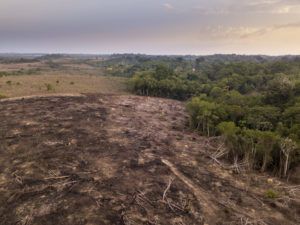
Despite their green credentials, smallholder farmers in the global south face significant challenges under new EU regulations such as EUDR.

Plus: Delivery Hero plans an IPO in the Middle East, Mycorena gets acquired.
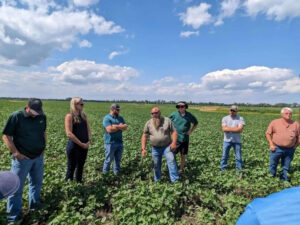
The agrifood corporates will support TAP in training Canadian agronomists on soil health and other regenerative agriculture practices.
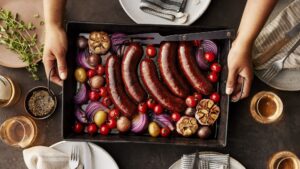
Existing single-cell suspension stir tank bioreactors “can’t be used to effectively produce non-GM, cultivated muscle and fat,” claims Mission Barns.

A new player has emerged on the alt dairy scene with an aged plant-based cheddar launching at select restaurants in New York City and the San Francisco Bay Area under the Plonts brand.

If traditional pesticides are blunt instruments for killing pests, RNAi (RNA interference) is the polar opposite, says Dr. John Husnik, CEO at Vancouver-based Renaissance Bioscience. “It’s exceptionally precise.”

Nourish will work with Fonterra on Creamilux, a lipid produced by a genetically engineered microbe that “recreates the rich, creamy mouthfeel, taste and emulsification properties of dairy fat.”

Under the deal, Leprino will have exclusive global rights to produce casein proteins made via Fooditive’s precision fermentation platform.
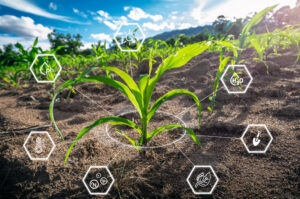
Precision agriculture and AI have the potential to transform farming. But legal risks around data privacy and bias need to be carefully navigated, argue Dr. Siegmar Pohl and Jordan Glassman at law firm Kilpatrick.

When it comes to methane emissions, most people think of oil, coal, gas and burping cows, says Louise Parlons Bentata at UK-based startup Bluemethane. What they often forget, she says, is water.

Regulatory affairs experts are closely watching the lawsuit amid growing scrutiny of carbon neutral claims. In this case, the claim was certified by a high-profile third party: The Carbon Trust.
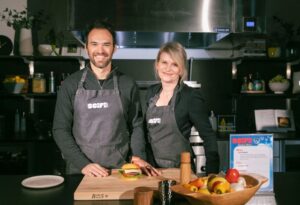
“Given challenges in the fundraising market, we’ve appointed an advisory firm to run a sale process,” said cofounder and CEO Joshua March.

Cocoa prices are now 4-5x higher than they were when Voyage Foods started out in 2021, which makes the case for alternatives increasingly compelling, says Adam Maxwell.
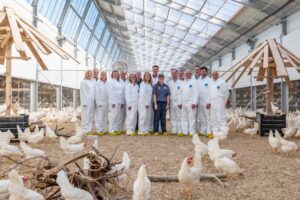
The technology—which will enable Kipster to determine the sex of chicks well before they hatch—will be implemented in the fall at the company’s farm in Indiana.

The race is on to develop ‘designer’ fats for the next generation of food products. But will fats & oils produced by microbes in fermentation tanks ever be a scalable proposition?

The foodtech co—which had been told it was a winner weeks ago to give the team time to plan a trip to Portland for the awards ceremony—was told it had fallen foul of rules it claims had not previously been communicated.

“It’s difficult to find another company in the food space that has developed so fast in only two years,” says Nosh.bio cofounder Tim Fronzek.

Sponsored
Sponsored post: The innovator’s dilemma: why agbioscience innovation must focus on the farmer first